Electrodeionisation (EDI) is an advanced water treatment method used to produce extremely pure water. EDI is usually used as a 'polishing' process to further purify water that has already been filtered, sterilised, and purified by more common methods such as reverse osmosis and membrane filtration. It is usually used in high-tech fabrication industries, such as biotech, electronics, food, and pharmaceutical factories to produce Ultrapure Water (UPW).
What Is Electrodeionisation & Is It Good Value For Money?
Topics: Deionisation, Deionised Water System
What Industries Require Ultra-Pure Or Very Clean Water?
Ultra-pure water is used as a rinsing agent and ingredient where contaminants can damage the health of users or machinery. It refers to water that’s been cleared of all contaminants, including dissolved solids, organic and inorganic matter, and gasses. It’s most commonly known for its use in the pharmaceutical and semi-conductor industries, but several other sectors rely on it just as much.
Topics: Water Purification Solutions
6 Questions To Ask A Water Purification Specialist Before Purchasing A New Water Purification System
Every industry has a regulated set of standards for water quality and use. Your purification system must be able to cope with your ultra-pure requirements as well as it does your reclamation process and waste water management system, so it’s important to ask the right questions of your filtration expert.
Topics: Water Purification Solutions
Why Does The Electronics Industry Require Ultrapure Water?
Ultrapure Water (UPW) is, as the name implies, water in one of its purest forms. It can be considered a hyper-filtrated substance. To qualify, a sample of H20 must contain no more than 50 organic particles per million. It must also be completely devoid of any bacteria, parasites, or other significant organic detritus such as mineral electrolytes.
Topics: Ultrapure Water
If you run any kind of water-driven or cooled industrial system, you'll need to be aware of the risk of your machine becoming infected with waterborne contaminants. At Wychwood Water, we offer both filtration and preventative treatment solutions to stop this happening.
Topics: Industrial Water Treatment, Water Purification Solutions
How Do I Identify, Treat, & Prevent Bacterial Contamination In Process Water In 3 Easy Steps?
While it isn't usually considered the most obvious vector for microbial contamination, process water (which is any water used in industrial processes such as cooling, manufacturing, forming, or washing) can easily become infected with dangerous bacteria. Contaminations can carry onto processed objects and industrial equipment, risking infections amongst your employees, customers, or livestock. You're much more likely to notice an infection from industrial equipment that powers direct contact water appliances such as spa pools. Here's how you can prevent bacterial contamination of process water in three easy steps.
Topics: Water Purification Solutions
Climate change has increased the odds of drought in many parts of the world, making water recycling a critical way to survive the new global ecosystem. Recycled water can be used for everything from irrigation to groundwater recharge. It plays a key role in industry too, supplying process water to manufacturing plants, agricultural regions, and natural water sources. Recycled water sometimes has a higher concentration of minerals than potable water, but if the original source is pure, it can often be restored to potable water through filtration or demineralisation.
Topics: Water Recycling
Reverse osmosis (RO) is fast becoming the filtration method of choice for a wide range of businesses. It’s capable of pre-treating feed water while improving the life expectancy of your downstream systems. It eliminates sodium and lead at an impressively reduced energy cost and is remarkably easy to maintain. It can be used to pre-treat water before deionisation, making it ideal for pharmaceutical, cosmetic, and microchip manufacturing.
Topics: Reverse Osmosis
Core Reasons Recycling Water Is Good For The Environment
Freshwater diversion can be harmful to sensitive ecosystems, and recycling keeps it at a minimum, leaving important plants and wildlife with enough water to survive and reproduce. Without enough water flow, the water quality that the ecosystem relies upon to survive deteriorates, and reliance on expensive imported water becomes a necessity.
Topics: Water Recycling
You can invest in the perfect reverse osmosis (RO) system and still achieve inferior results. RO plants must be correctly installed and maintained to ensure peak performance. Your membrane can only filter impurities well if its surface is clean, and your utility bills can only remain low if your permeate flow to feed flow ratio is efficient. It’s pointless to choose a sparkling premium product if all other aspects of your system are badly designed. Here are a few mistakes to avoid.
Topics: Reverse Osmosis






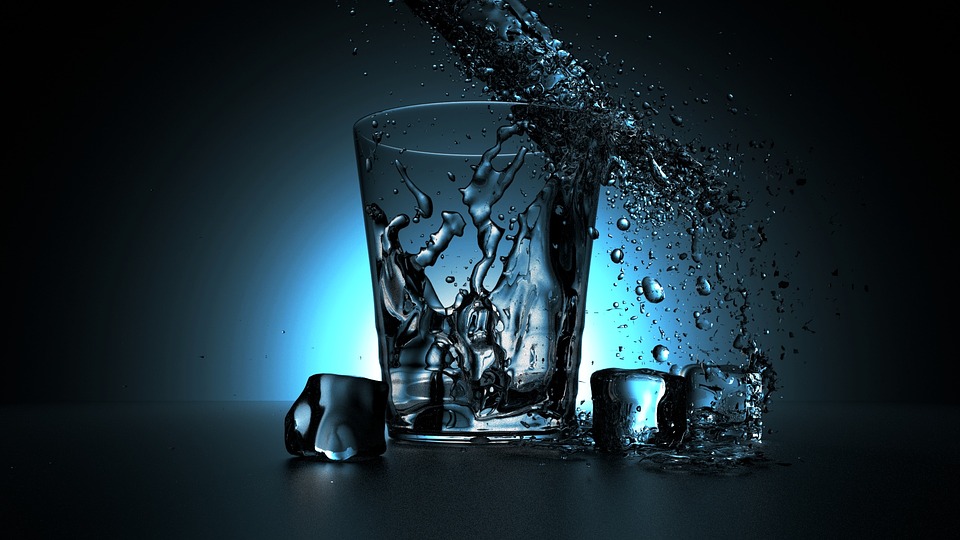
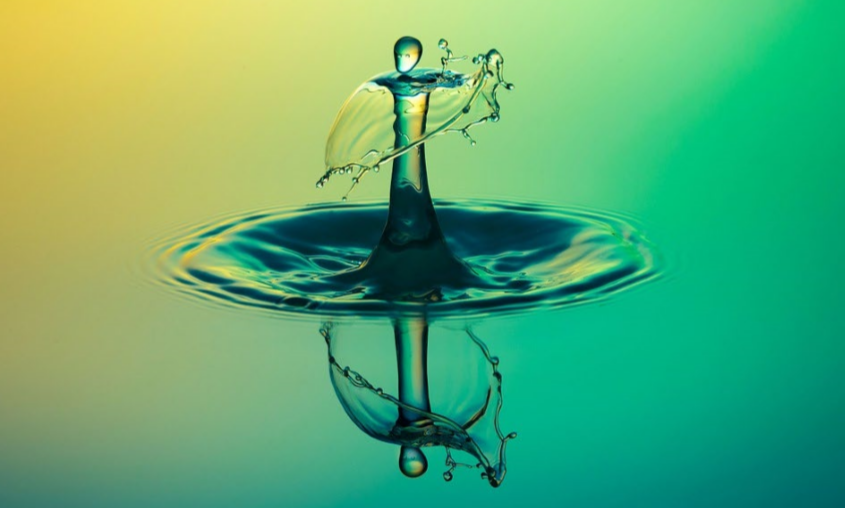

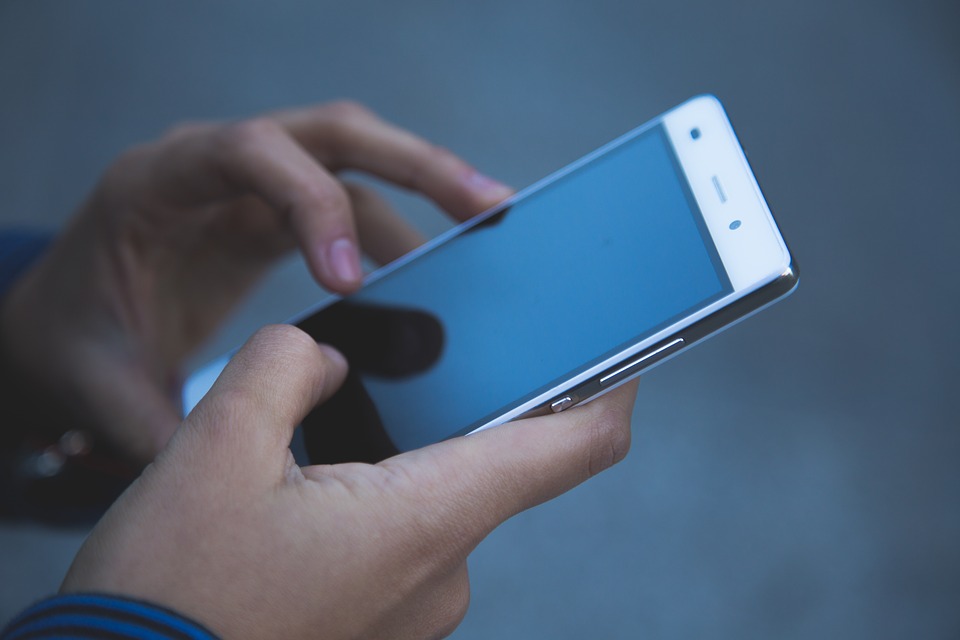
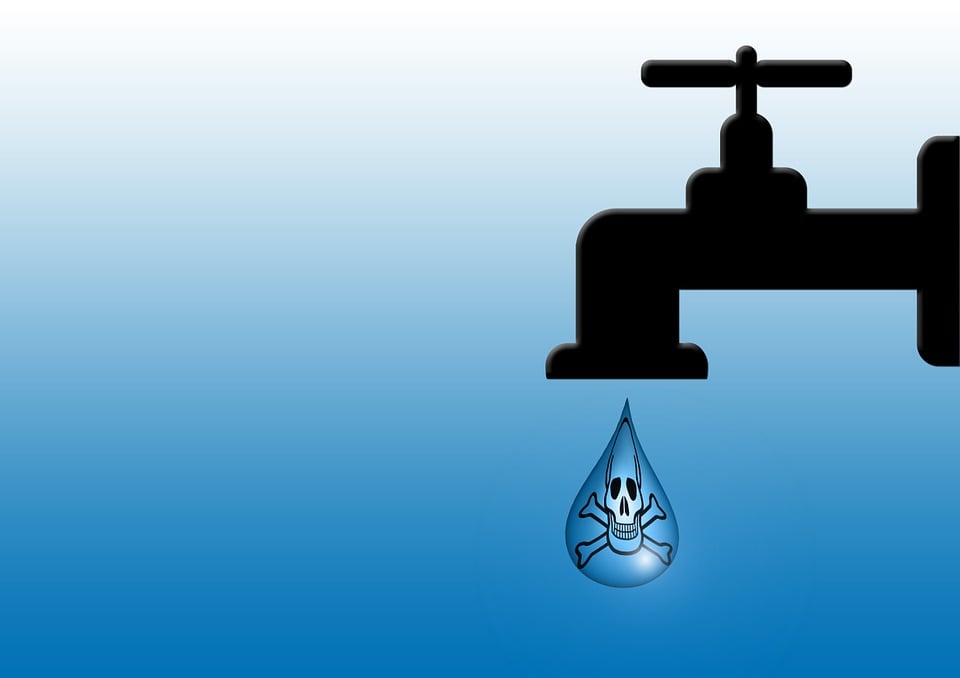
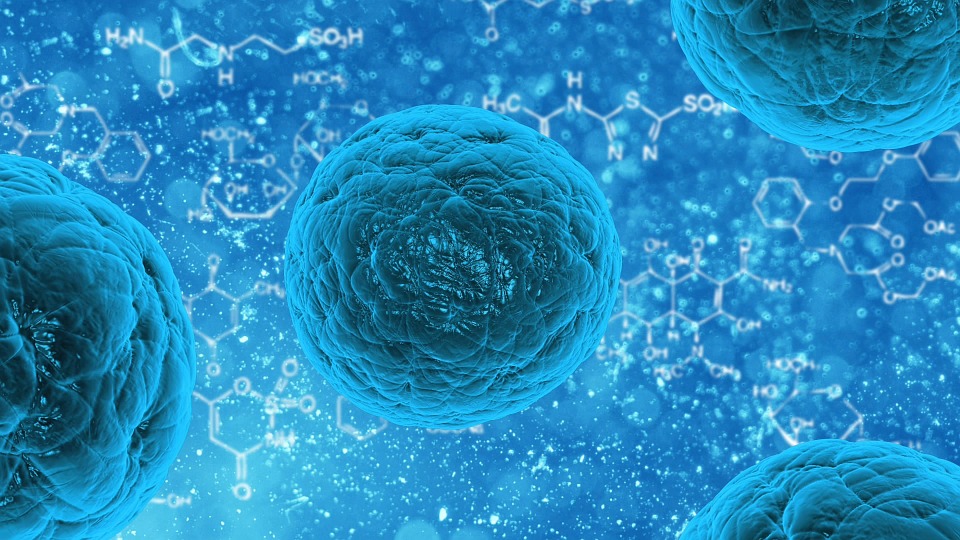
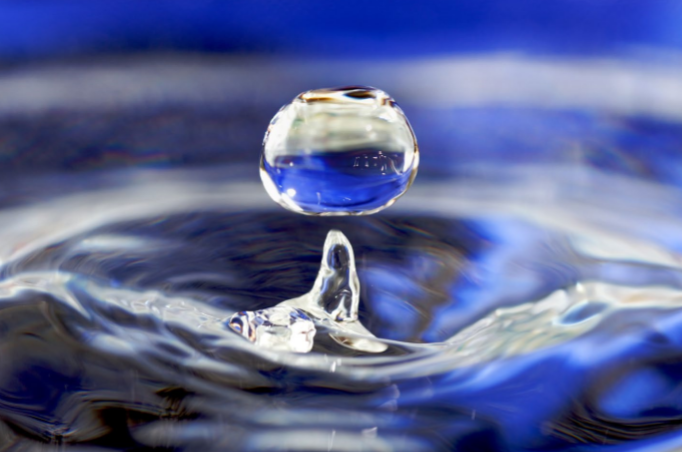
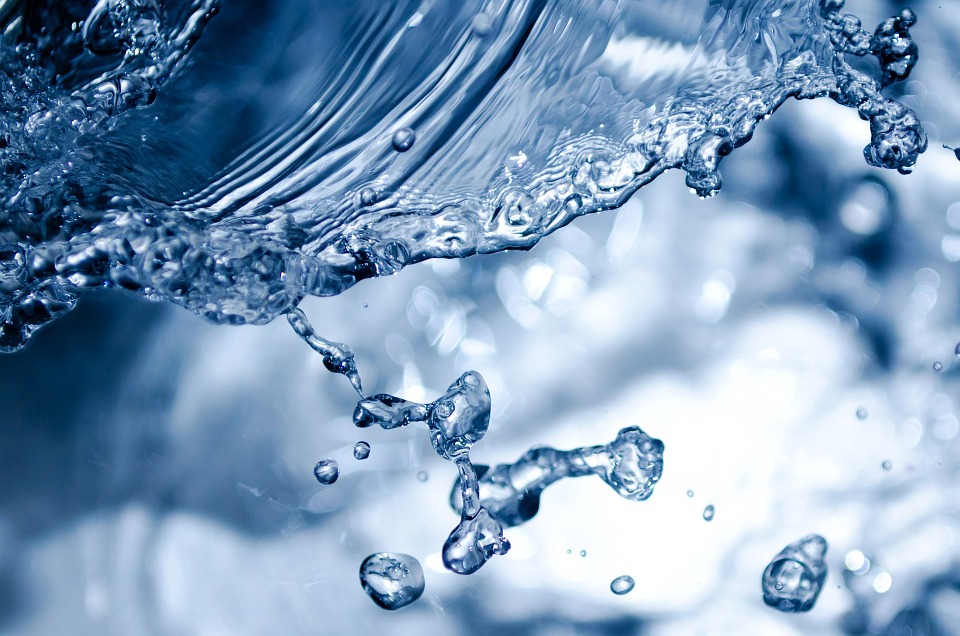
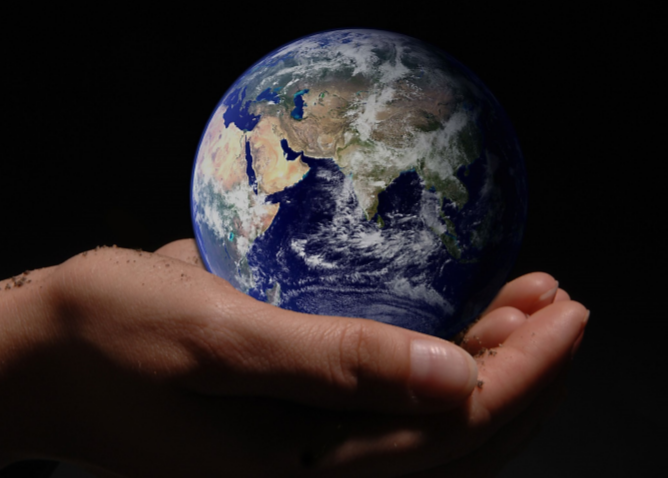
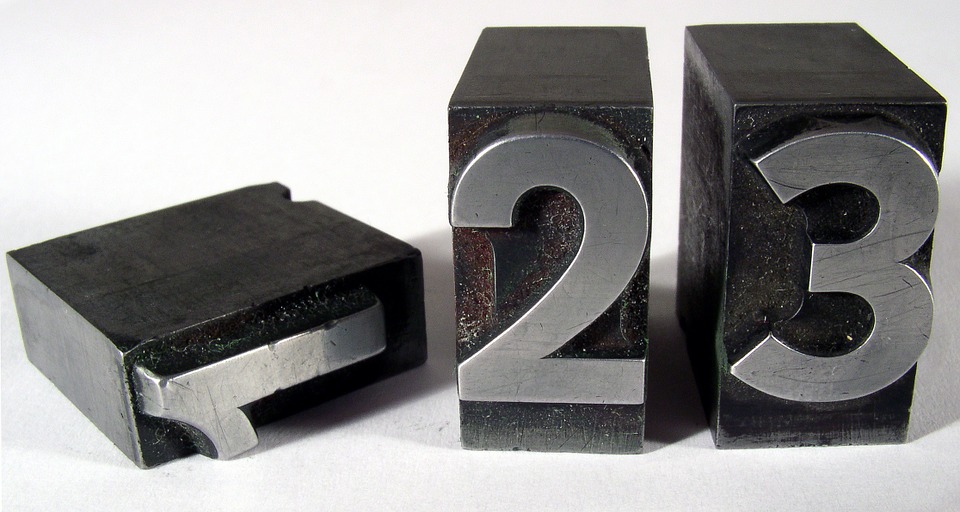
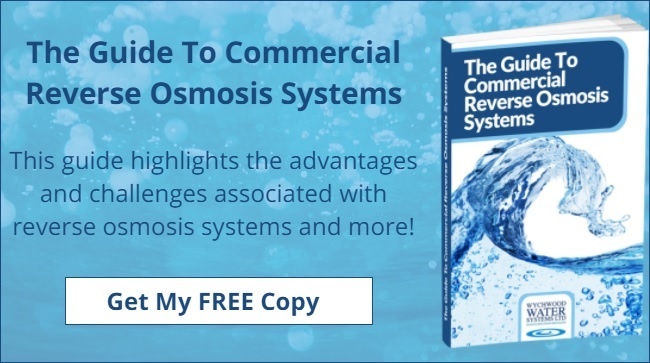
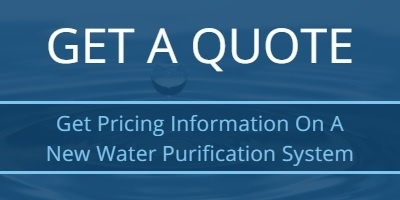
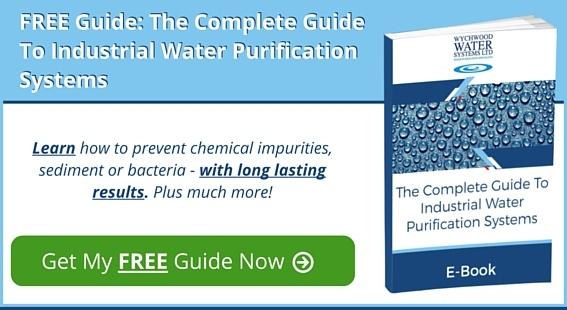
 We are a specialist independent company involved in water purification and water treatment technologies
We are a specialist independent company involved in water purification and water treatment technologies


